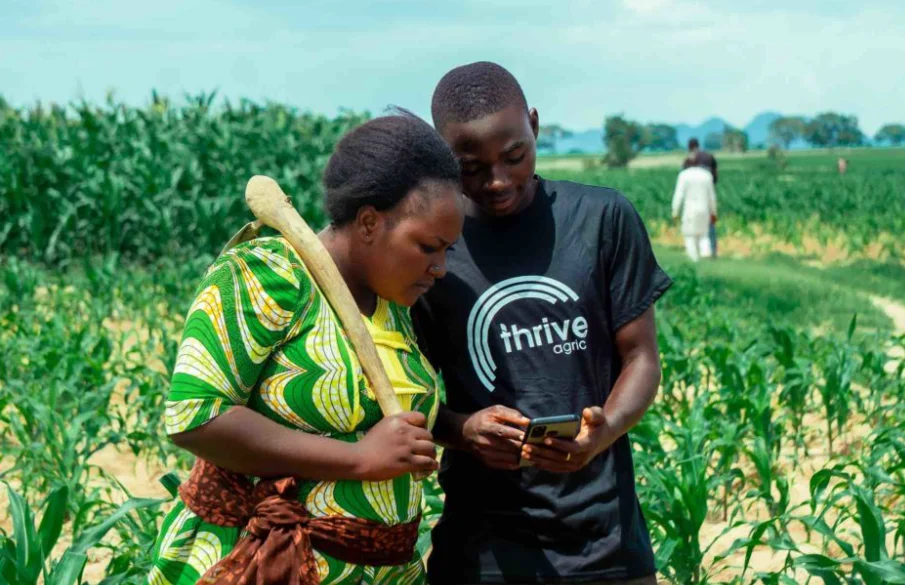The high penetration of mobile phone usage in most African countries, particularly in Nigeria, has resulted in the rise of remittance rates and payments for goods and services. According to the World Bank, Africa’s largest economy is one of the six largest recipients of remittances in the world, attracting $24 billion in 2019, which made up 5% of the country’s GDP.
The financial market turmoil triggered by COVID-19 has definitely changed the way Nigerians view the whole financial system, as data also obtained from Google trend, shows Nigeria leading the pack around the world in Bitcoin searches.
So, it not surprising that a significant number of young Nigerians and small business owners avoid Nigerian banks, because of their stringent capital controls on outflows, relatively high transaction costs, and inflexible exchange rate system. However, in the crypto-verse, an entity can move over $250,000, with a transaction charge of less than $5, which can be received in minutes anywhere in the world.
Jens Ischebeck, a renowned Fintech publisher, in a note shared with Nairametrics, gave vital insights on why Africans are fast adopting crypto, and the advantages that crypto assets bring:
“Most African citizens have started shifting their hopes to the use of crypto, to escape numerous constraints faced with the traditional money transfer services, including cost, speed, and inconveniences.
“The main benefit is the overall lower cost to the end customer, which allows migrant workers to send substantial amounts of money to their loved ones in their home countries, at fairer prices. Also, there is a high unpredictability in the local currencies in most African countries; for instance, when the South African rand became a volatile currency, most people switched to crypto to seek security.
“The transaction is safe, and the companies don’t hold the virtual currency for more extended periods; thus, the operation takes a short time.”
Recent statistics obtained from Useful Tulips, a BTC analytic data provider, stated that Nigeria leads Africa Bitcoin’s peer to peer trading in 2020, posting weekly P2P volumes of about $8 million, followed by South Africa and Kenya posting about $2 million weekly.
It’s fair to say that the present complexity prevalent in Africa’s banking industry or arbitrary misappropriation of capital by some African governments has made young African millennials attracted to the most disruptive financial asset in the modern era.


















